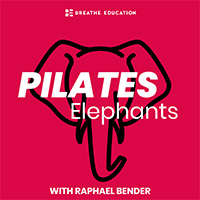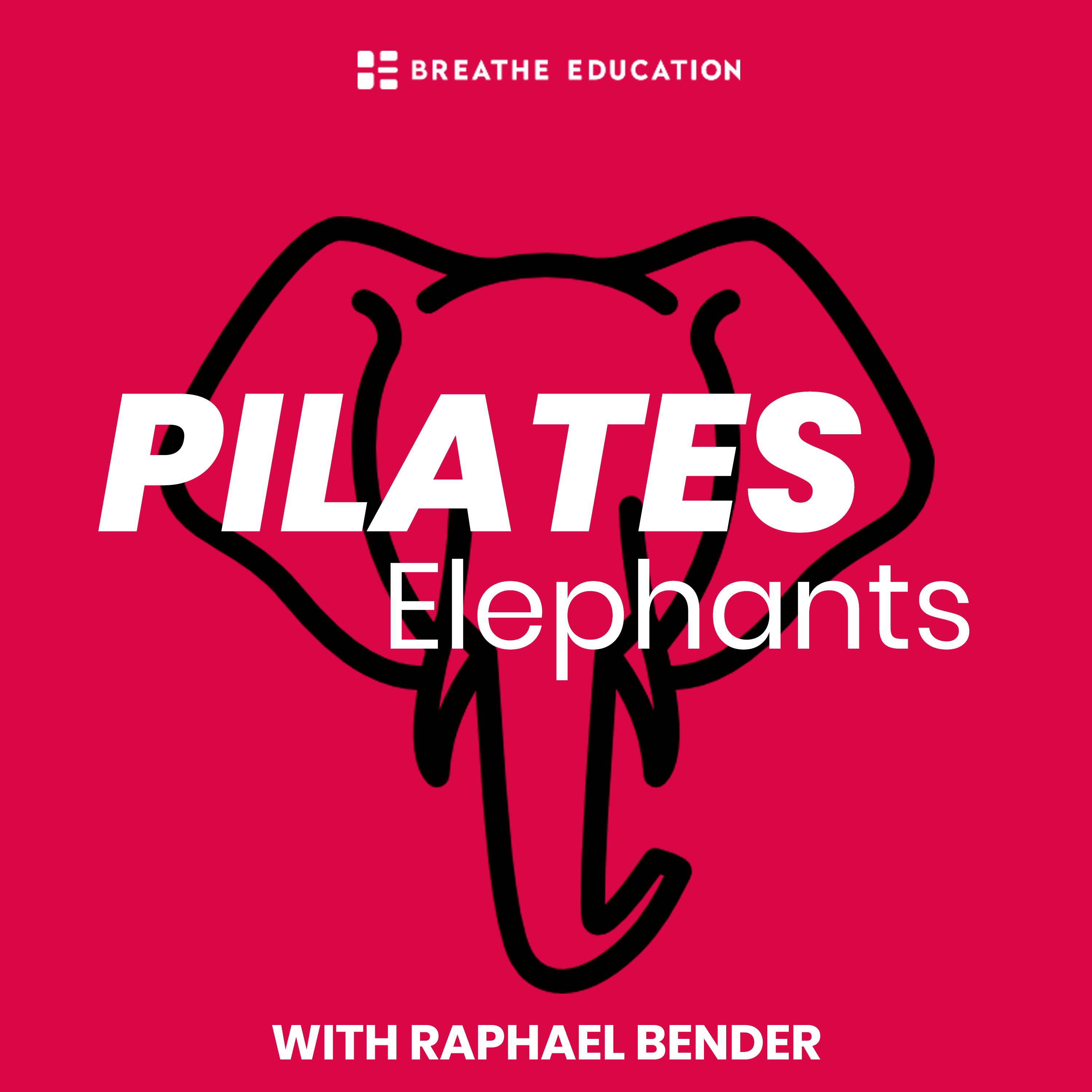Episode 31
31. Pilates For Athletes?
The idea of using Pilates for athletes to improve performance is pretty common, but the question is, can Pilates help improve athletic performance and reduce injury or is that just another one of those Pilates myths that we’re committed to busting? Well, yes, and also no.
Listen in to find out which, and how. And what exercises.
What You Will Learn:
- Whether Pilates helps improve athletic performance and reduce injury
- The three mistaken beliefs around improving athletic performance with Pilates and why one of them may not be a myth at all
- Why if you want to get good at moving explosively, you’ve got to move explosively, and how to recruit high threshold motor units in a Pilates class
- What the research says about the correlation between core strength and sports performance
- Why Pilates for athletes and improving performance is critical to understand
- Why people are encouraged to practice Pilates to avoid injury and how their engagement with the discipline impacts long term outcomes
Fearless Teaching Skills
The Pilates community is a fantastic, inclusive place. However, many of the ideas it takes for granted are out of date or just plain pseudoscientific opinion. These are the elephants in the room in Pilates, and we’re here to talk about them openly and honestly. The Pilates Elephants podcast is all about debunking the myths and giving you science-based tools to become a better, happier, and more fearless teacher.
Improving Athletic Performance with Pilates
As an athlete can Pilates really help improve your athletic performance and reduce injury or is that just another one of those Pilates myths that we’re committed to busting? Listen in to discover whether Pilates for athletes is effective in helping athletes get better at their sport. We discuss why if you want to get good at moving explosively, you’ve got to move explosively, and how to recruit high threshold motor units in a Pilates class.
The Elephant That’s Not an Elephant
Raph and Cloe take a deep dive into the three mistaken beliefs that exist around whether Pilates helps athletes improve their performance — by improving core strength, correcting muscle imbalances, and practicing movements used in your sport. And, they reveal why one of the three isn’t actually an elephant at all and why. On Episode 31 of Pilates Elephants, they also give specific exercises to help your clients strengthen their core.
How to Connect with Raphael and Cloe:
- You can find Breathe Education online here
- You can find Cloe Bunter on Instagram here: @cloebunterpilates
- You can find Raphael Bender on Instagram here: @the_raphaelbender
Pilates Instructor Training Resources:
- Henneman's size principle here
- Have the butt muscles of the world gone silent? Here
- Exercises that are most effective for strengthening the core muscles here and here.
- TLDR: Rectus abdominis, external oblique, erector spinae: Free weight exercises e.g. barbell squat, deadlift, dumbbell bench press
- Internal oblique: unilateral core exercises e.g. stir the pot
- Transversus abdominis: Poor quality and sparse research 🙁
- Multifidus: Prone row, deadlift, back squat
- Increasing core strength has marginal effects on athletic performance and is not a good investment of time for this purpose here and here
- There is a relationship between the ratio of concentric internal rotator strength and eccentric external rotator strength, with shoulder injuries here
- Sprinters with low hamstring strength relative to quad strength get more hamstring tears here
- Side-to-side imbalances in erector spinae are not related to low back pain here
- Imbalances between lumbar and thoracic erector spinae activation do not cause low back pain but may be an adaptation to low back pain here
- Poor hip abduction strength may be associated with ITB pain syndrome in distance runners here
- But greater hip abduction strength is a risk factor for ACL (knee) injury in basketball players here
- Players who score higher on the functional movement screen (i.e. they move “better”) have a higher injury risk here
Download a free course guide:
Become a Breathe Education Mentor Affiliate: Program info
This podcast uses the following third-party services for analysis:
AdBarker - https://adbarker.com/privacy


